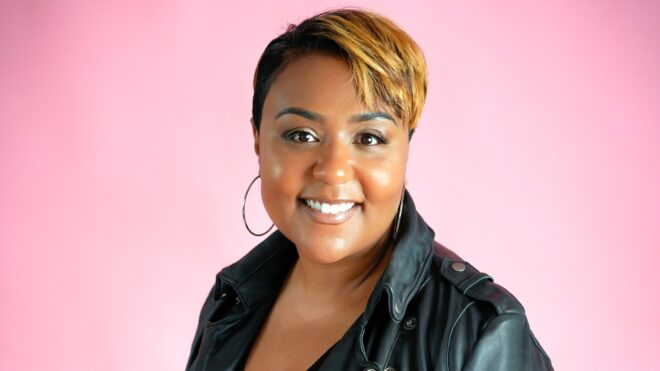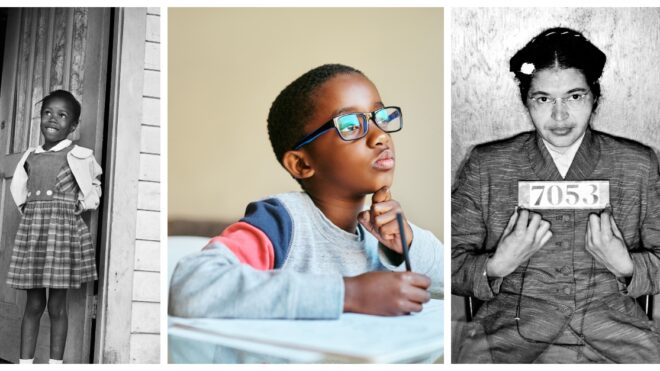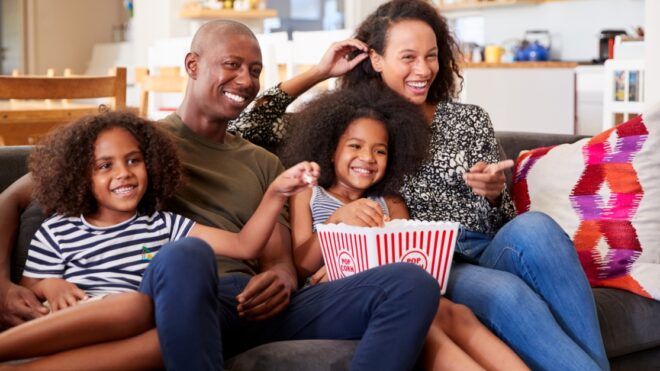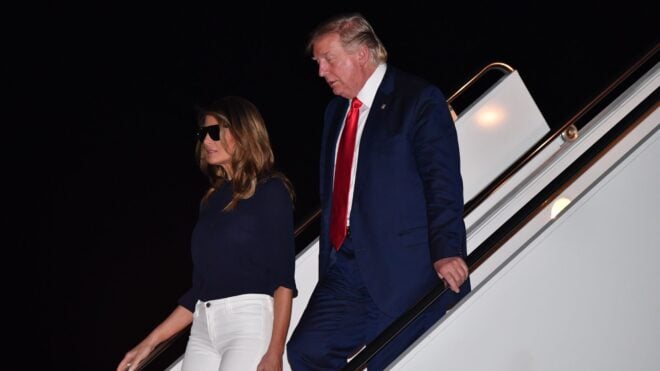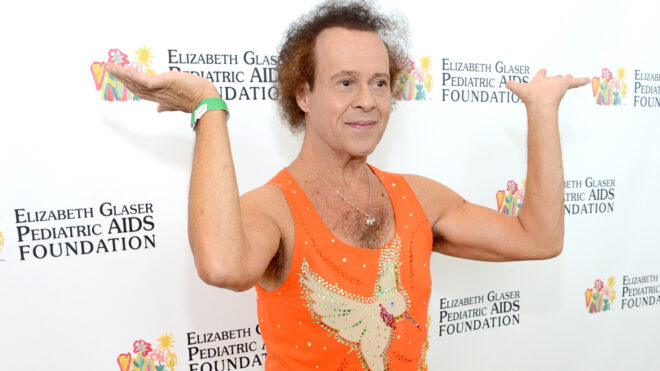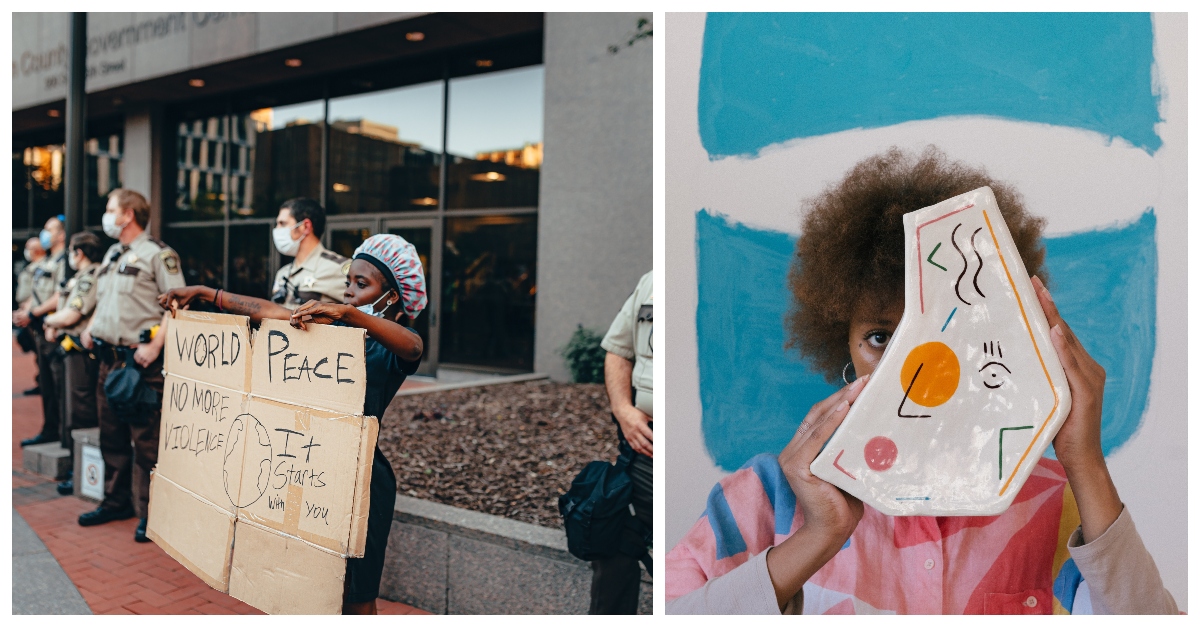
As a generation who has never known a world without the internet, today's youth are able to observe global events with or without parental navigation. If they haven't yet found out about planet-wide protests calling for social justice, they will. Even if you've avoided the talk about how contagious and lethal this virus is, or how it disproportionately affects Black Americans, kids have the ability to discover this information on their own. As much as you would love to shield your children from societal worries, it's your job as a parent to equip them with tools to help build a better future for us all. But how do you go about safely raising a family of activists during a global health crisis?
In response to viral footage of the death of George Floyd while in police custody, protests around the world have swelled. Anchored by the Black Lives Matter movement, thousands of activists at a time have gathered to denounce systemic racism and demand change. While an American awakening has been long overdue, these protests are happening at the height of a global health crisis, scaring off some families who want to join the fight but are fearful of the potential health hazards for themselves and their children. On the other hand, Black parents are on the front lines fighting for just that; the safekeeping of themselves and their children, an issue critical enough to justify the risks involved.
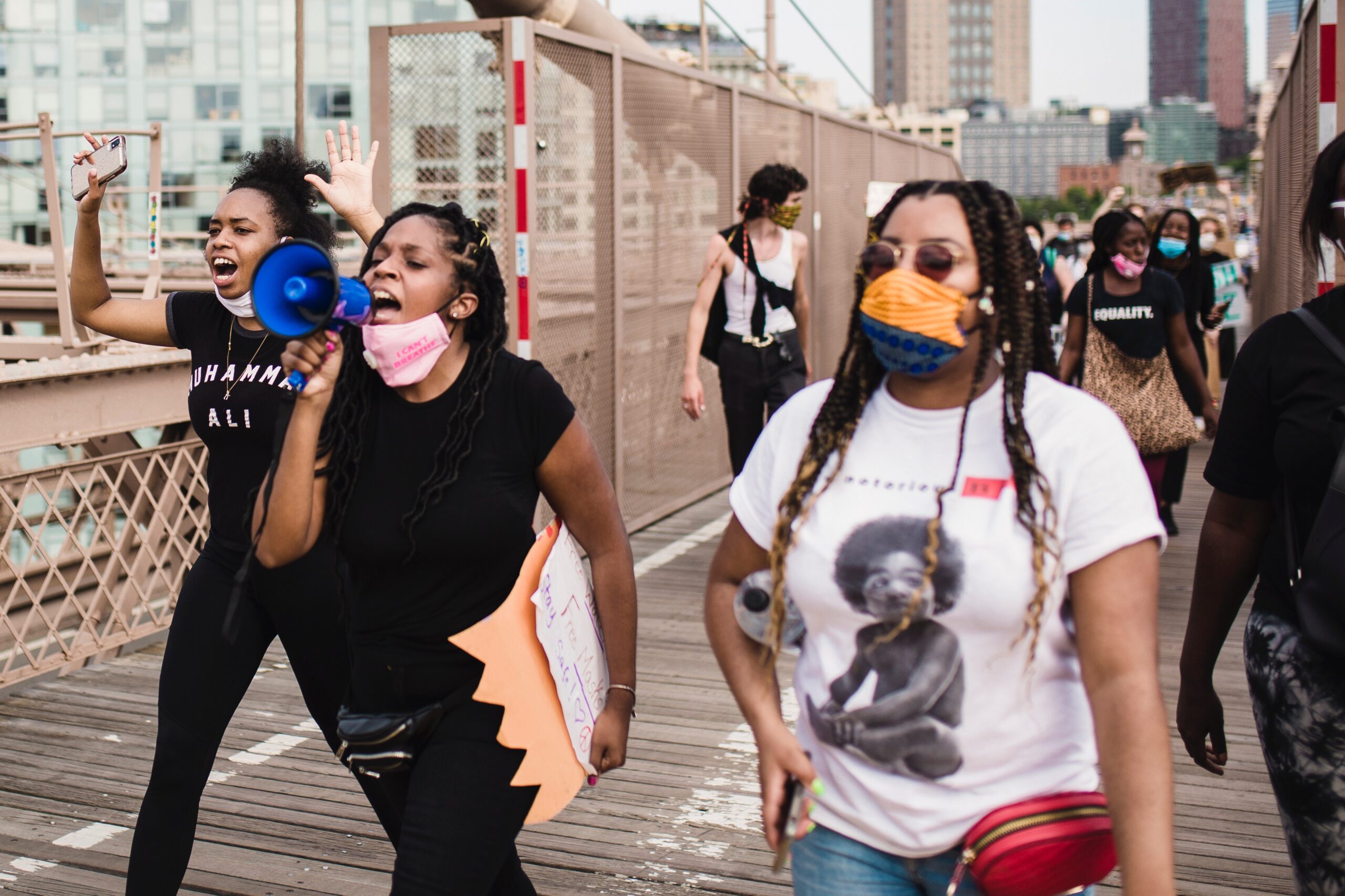
In Minneapolis and St. Paul, where major protests initiated as a result of George Floyd's death, tests administered to thousands of demonstrators by HealthPartners of Minnesota has shown that, so far, there hasn't been a large surge in virus cases due to the outdoor gatherings that have taken place in the area. However, if you're having anxieties about the possible spread of the virus during protests but still want to encourage participation within your household, there are many ways to support the BLM movement from home.
Start by having difficult conversations.
Addressing the history of slavery, racism, and violence that Black Americans have had to endure is an uncomfortable talk to have, especially with kids, but it's necessary. Research these topics as a family, looking up stories told by Black people, or talking to African American friends directly about their experiences.
Read, watch, and make calls together, learning side by side and discussing as you go. Ask questions and be curious. Your kids don't need to think you have all of the answers, but it's important for them to learn how to properly collect and process this information on their own.
Execute a protest plan.
When you've thoroughly gone over the core issues, execute a plan of protests as a family. Without ignoring social distancing practices, decide on how you want to amplify the message. Do you use products or buy from companies that don't support the movement? Consider publicly boycotting them and recruiting others to do the same, as proven effective by the Montgomery bus boycott of 1955-56.
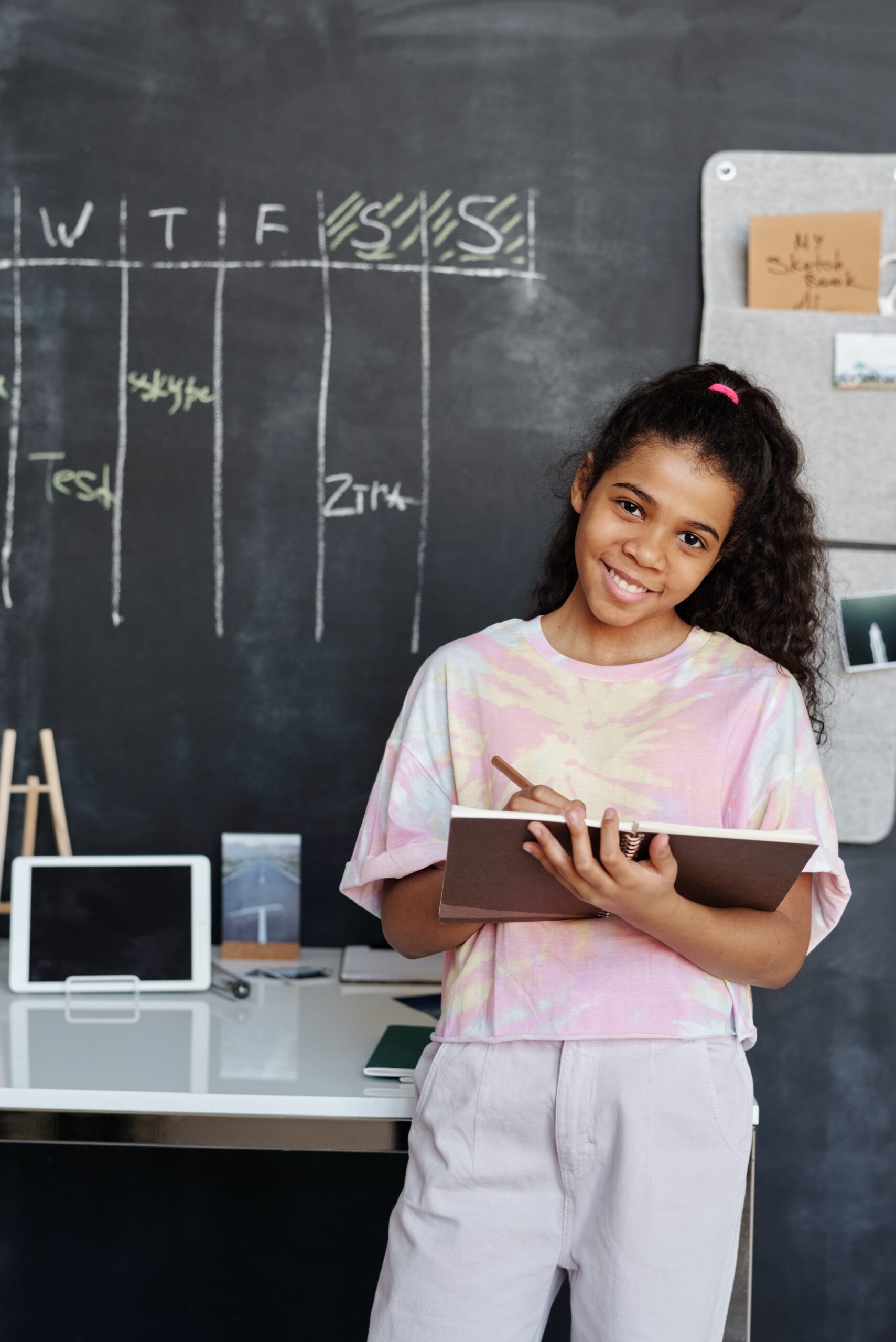
Are there elected officials in your region who are unwilling to act on social change? Begin a letter-writing campaign or make daily phone calls to demand action out of these representatives. Show your children how to do the right thing by taking action yourself.
Nurture individual skills.

Dig deeper into resourceful activism by nourishing individual skills. Teach your kids to use talents they already have to take a stand. Musically gifted kids should be prompted to write songs about injustice. Visual artists can create images, photography, and films that document and express this moment in history. They can write about it, organize virtual communities, or even create skits. Encourage them to post what they do online and recruit friends as a way to publicly protest and assemble safely.
Teach your kids to speak out.
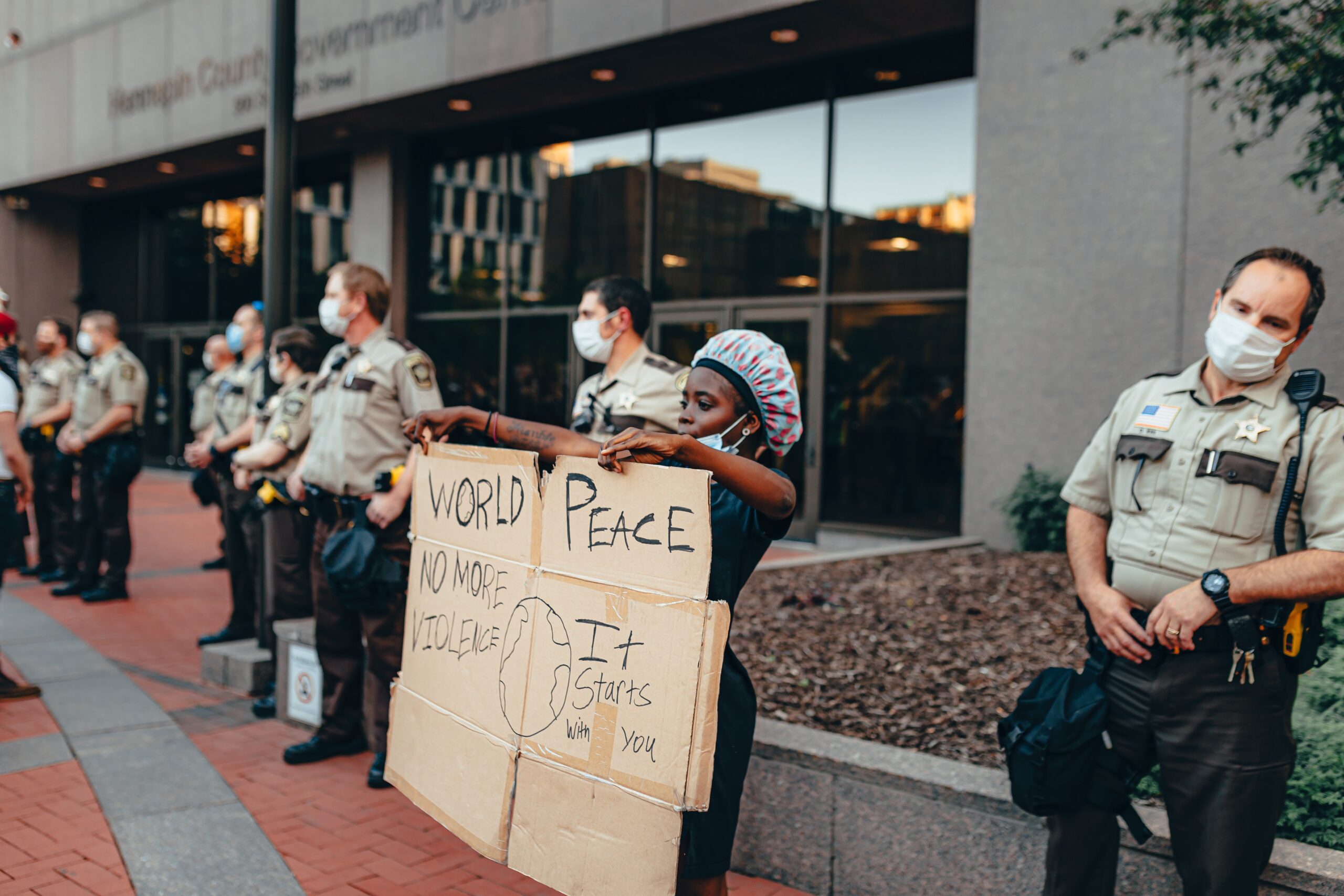
Even if you stand in your own yard or on a public sidewalk holding up a sign, you are contributing to a larger movement. We often want our kids to "do as we say, not as we do," but in reality, conditioning comes from observing actions. You must show your children how to be a positive part of society by encouraging their voices and teaching them to speak up for what's right and not just what's easy.
Activism requires hard work, patience, and persistence, characteristics shown by history-changing leaders like Martin Luther King Jr., Rosa Parks, and Angela Davis. These leaders moved masses so that humanity could progress toward a better future. Deciding to lead a family of activists, even when times are hard, is the first step in changing the world around you, but words without action aren't enough. Change needs to be exemplified.

